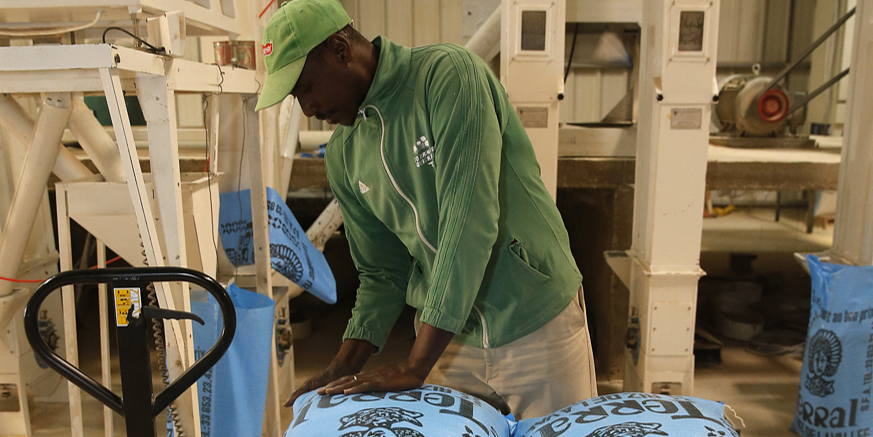The SSNUP program finances a first agricultural project in Senegal

©FGCA/Godong
To support smallholder farmers, the Swiss Agency for Development and Cooperation and the Luxembourg Agency for Development Cooperation and Humanitarian Action, coordinated by ADA, have launched the Smallholder Safety Net Upscaling Programme (SSNUP). With a budget of €55 million over 10 years, the programme aims to sustainably strengthen safety nets for smallholder farmers in Africa, Latin America, and Asia by stimulating the development of agricultural value chains.
The program draws on the knowledge and expertise of the technical assistance services of impact investment funds already active in this field. The Grameen Crédit Agricole Foundation is one of the impact investors responsible for implementing the SSNUP. It will provide its technical assistance expertise to the organizations it supports—microfinance institutions and social enterprises—to design and develop financial and non-financial solutions for mitigating and transferring agricultural risks for various actors in value chains.
An impactful agricultural project in Senegal
The first organization supported by the Foundation under the program is SFA (Sénégalaise des Filières Alimentaires), a social enterprise working to develop an inclusive rice value chain in Senegal. Founded in 2013, SFA produces white rice from paddy grown by small producers in the Senegal River Valley. It provides them with technical support through training on best agricultural practices and facilitates their access to markets and financing by connecting them with local donors.
Despite this technical support provided by SFA, small producers' yields remain below their potential. This is due in part to the fact that producers remain reluctant to implement the agricultural practices promoted by SFA without first being able to see their positive effects.
The SSNUP program will strengthen this technical support for producers through a technical assistant mission with a budget of €11,000. This 6-month project aims to create 20 demonstration fields in SFA's operational areas, in which best agricultural practices will be used. These demonstration fields will allow around sixty relay producers to be trained on best practices to optimize their production and to demonstrate to all producers in the area the positive impacts of these practices on agricultural yield and production quality. Exchange sessions and training sessions led by the relay producers will allow them to, in turn, pass on their learning to more than 2,000 small producers.
The expected results of this project are based on three pillars: strengthening the skills of trained farmers; increasing production and quality for trained farmers; and increasing income for trained farmers and their households. This is a high-impact project that will directly contribute to the development of the rice value chain and food security in Senegal.



Leave a Reply
Want to join the discussion?Feel free to contribute!